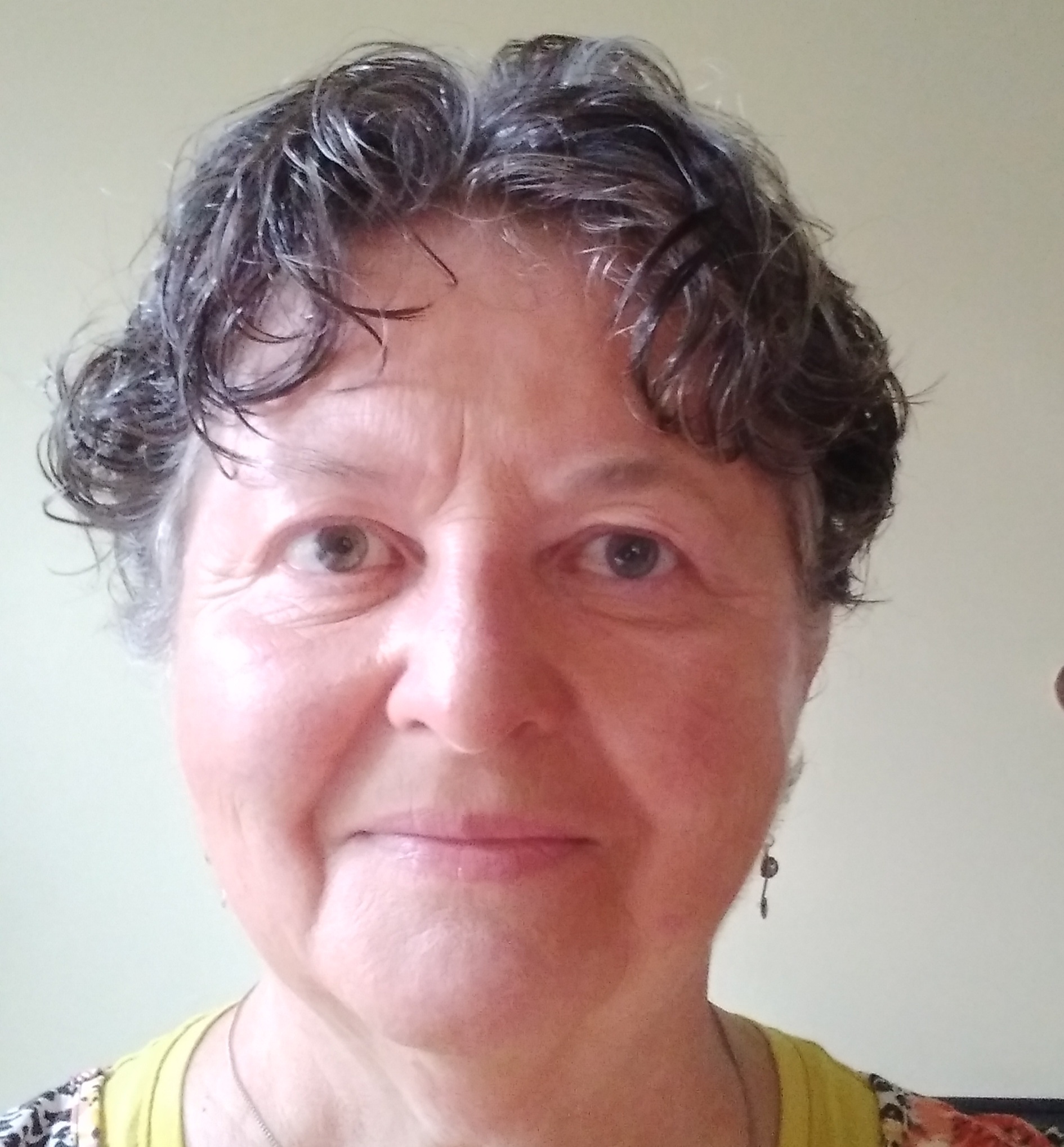
Anne Moir
Anne Moir was born and raised in Southland. In 1970 she moved to Dunedin to attend the University of Otago, and graduated Mus.B. (Hons) and B.A. She worked as a sales representative for a paperback distribution company, then as a civil servant, before training as a nurse and working for twenty-five years in mental health and psychotherapy. In 2013, a University of Otago Summer School fiction writing course, with tutor Caroline Lark, provided the stimulus for Anne’s first novel, Navigator, inspired by her experiences growing up in the post-Second World War era. Her second novel, The Secrets of Others, takes children from Navigator and follows them through the decade from 1962, a period of unprecedented social and political change. Now retired, Anne is writing her third novel and has recently ventured into writing short stories and poetry. She gardens, does voluntary work, and plays the Celtic harp.
Do you try more to be original, or to deliver to readers what they want?
I think it is important to be original while also delivering to readers what they want. In the context of historical fiction, this means weaving lively, original characters around a base of actual events, and taking the reader to a new place.
How do you select the names of your characters?
In choosing names, I have to consider the era and setting of my stories, as fashions change over time. I also consider the culture and perhaps religion, eg Irish and Catholic for my third novel.
If you had to do something differently as a child or teenager to become a better writer as an adult, what would you do?
I would have educated myself better on the world of mythology, not just Greek and Latin, or the Christian religions, but a wider world view, which would have deepened my understanding of story, and therefore my writing. Of course, it is never too late!
Have you Googled yourself? Did you find out anything interesting?
I found through Google that an author with the same name as me, a geneticist, writes non-fiction on such subjects as brain sex and crime. I really enjoy crime novels, and as a (now retired) mental health nurse I have a strong interest in psychology, so I feel a connection, and have read some of her books.
Are there any secrets in your books that only a few people will find? Can you tell us one? Or give us any hints?
In ‘The Secrets of Others,’ I mention New Zealand writer, Dan Davin, and his writing a number of times, and towards the end of the book I slipped the title of one of his books into some dialogue.
How did publishing your first book change your writing process?
In the process of writing my first novel, I had to learn about structure, characterisation, style etc, a steep learning curve, so was able to take this knowledge into writing my second novel. My third novel departs from the characters and themes of the first two, so I am again on a learning curve, with a lot of research to do. Fortunately, I enjoy that.
How many unpublished and half-finished books do you have?
I don’t have any unpublished or half-finished books, but I do have some short stories and poems that I hope to publish one day.
What’s the most difficult thing about writing characters of the opposite sex?
I haven’t found writing male characters difficult, and have given a lot of thought to why that is. I think the reason is that, as a child, I spent a lot of time observing the silent men around me – my father, uncles, neighbours. They had returned from war and didn’t share their thoughts and feelings with their families. So I learned about them through observation. I found writing female characters more difficult initially, but am pleased that I have developed skills in that area now, and my third novel has a female protagonist and narrator(s).
